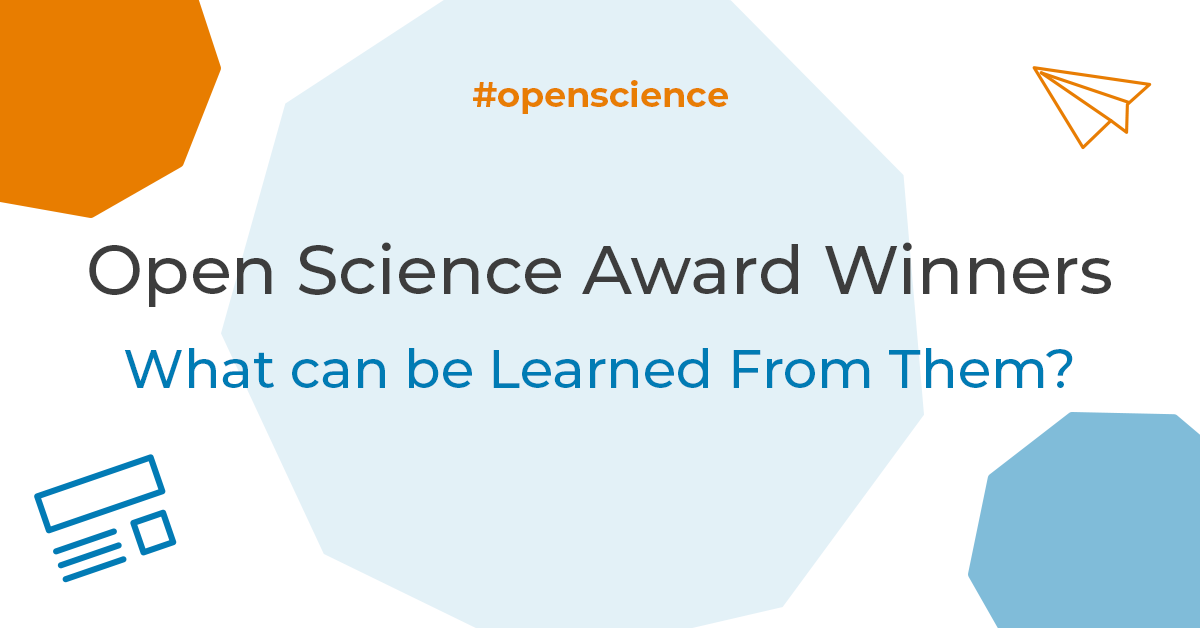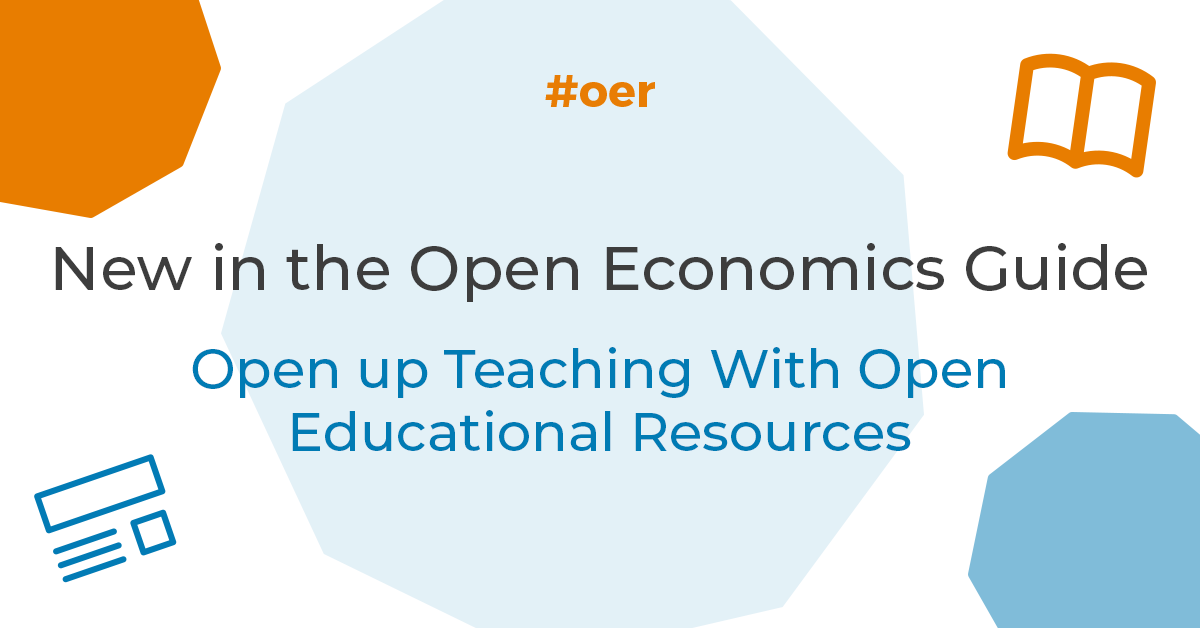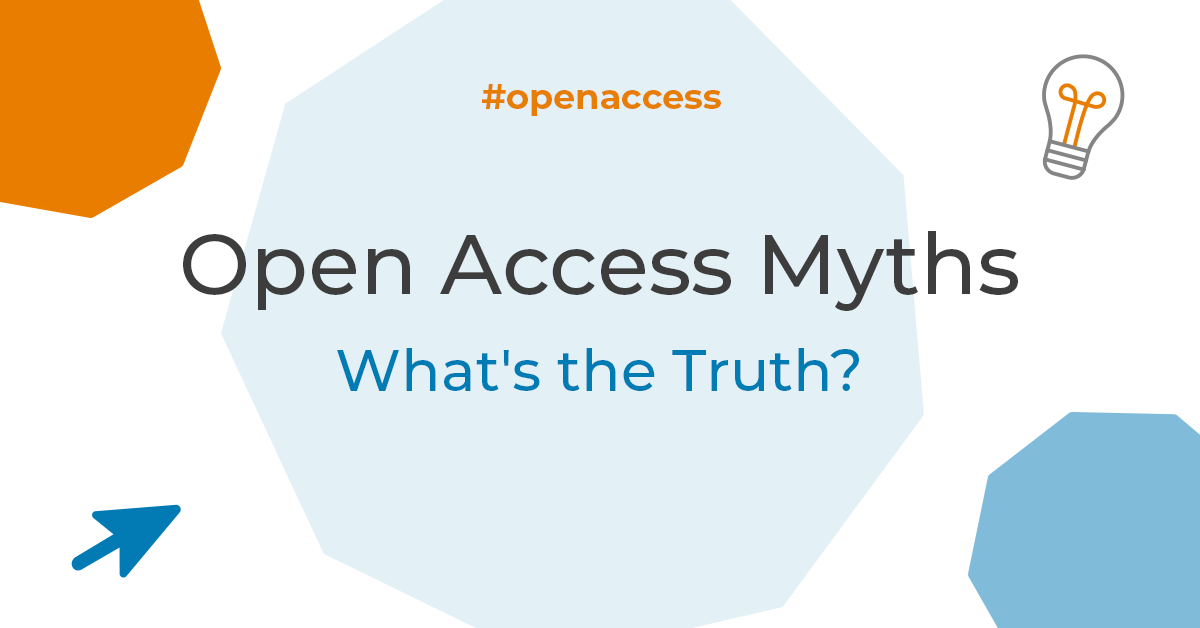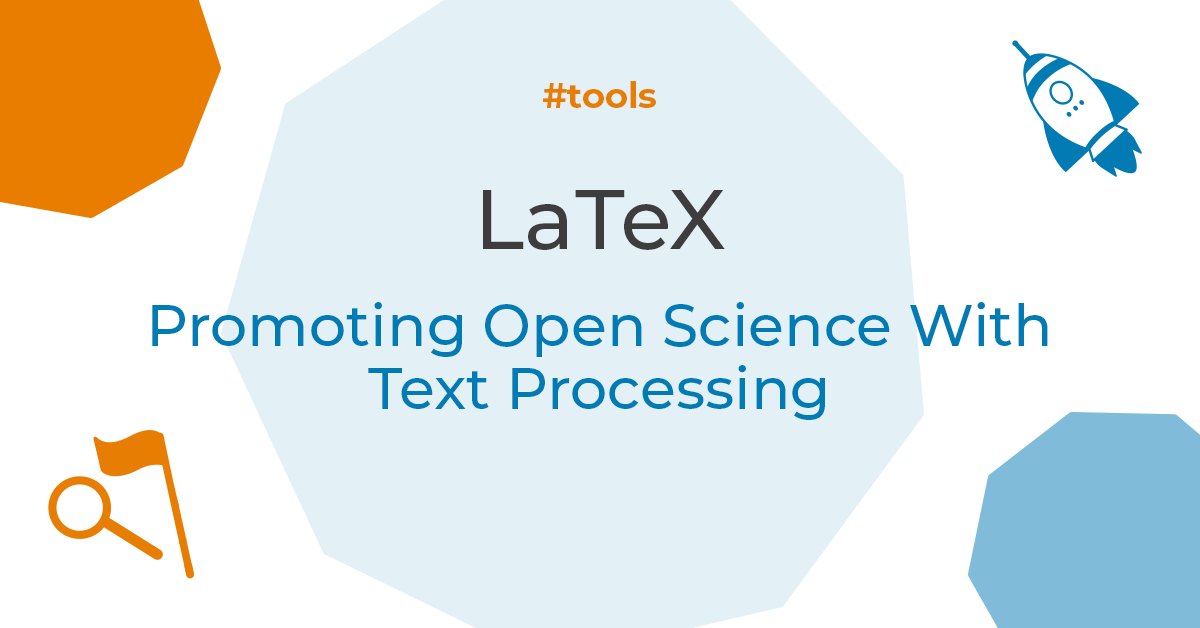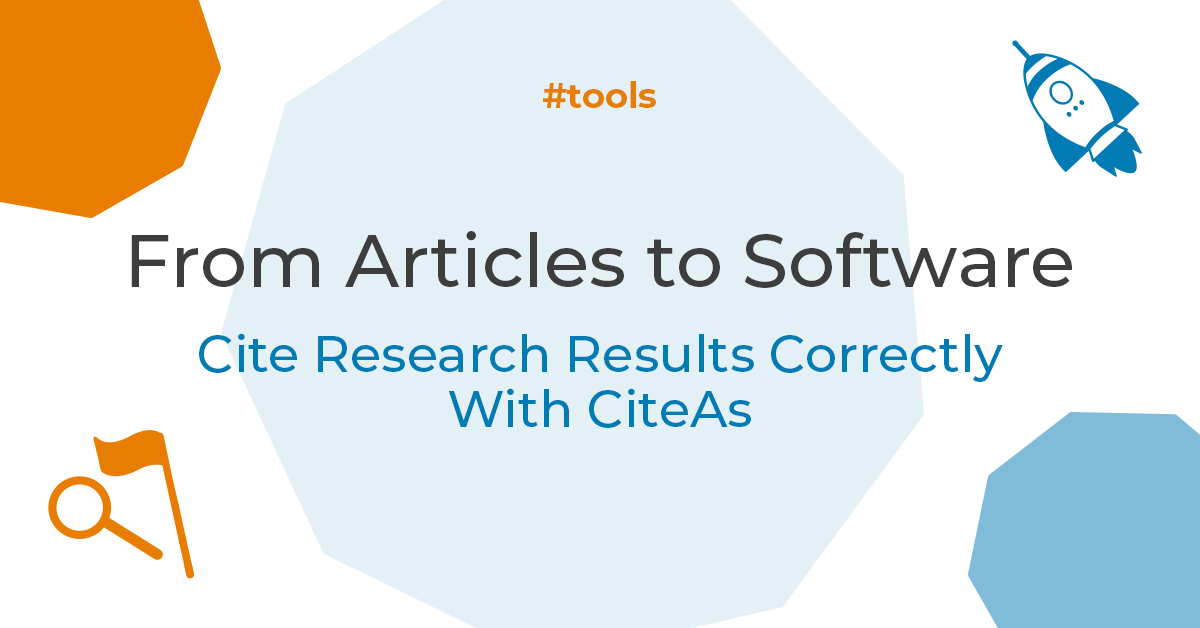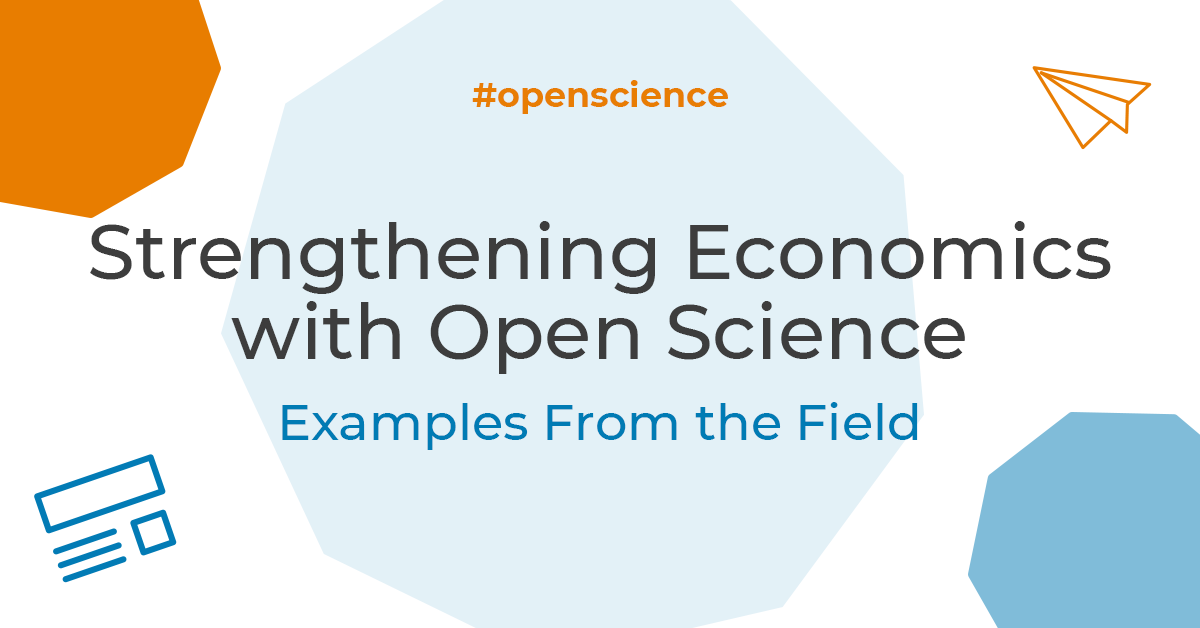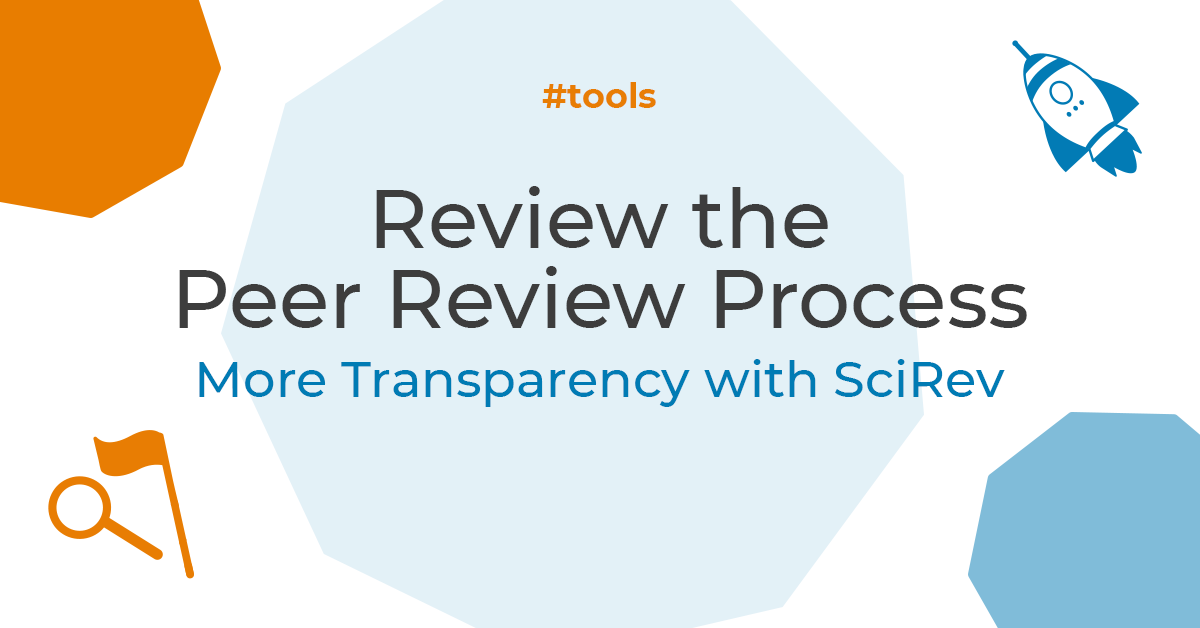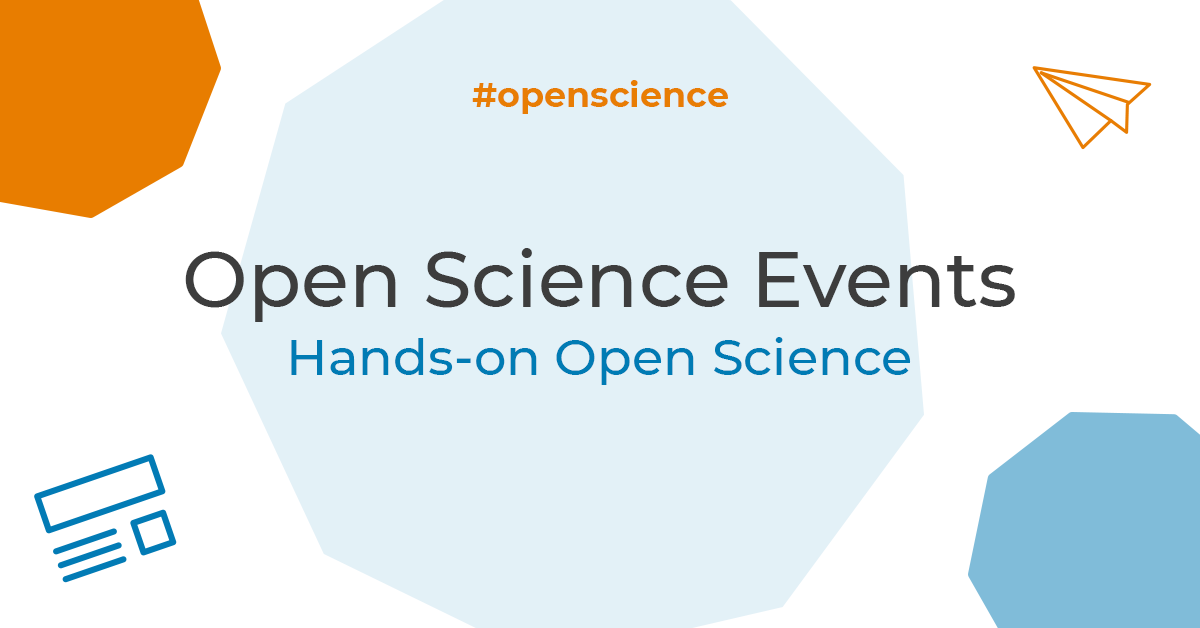Open Science Award Winners: What can be Learned From Them?
What motivates Open Science pioneers? Science researcher Ronny Röwert looked into this in his doctoral project and gives tips for researchers in this interview. In his doctoral project, Ronny Röwert (TU Hamburg) investigated why researchers practice Open Science. To do this, he focused on researchers who have been practising Open Science for a relatively long time and a lot, namely Open Science award winners from the German science system. He reveals his findings in an interview. What did you find out in your doctoral thesis? What motivates scientists to do Open Science? I was able to identify 14 motives in […]
